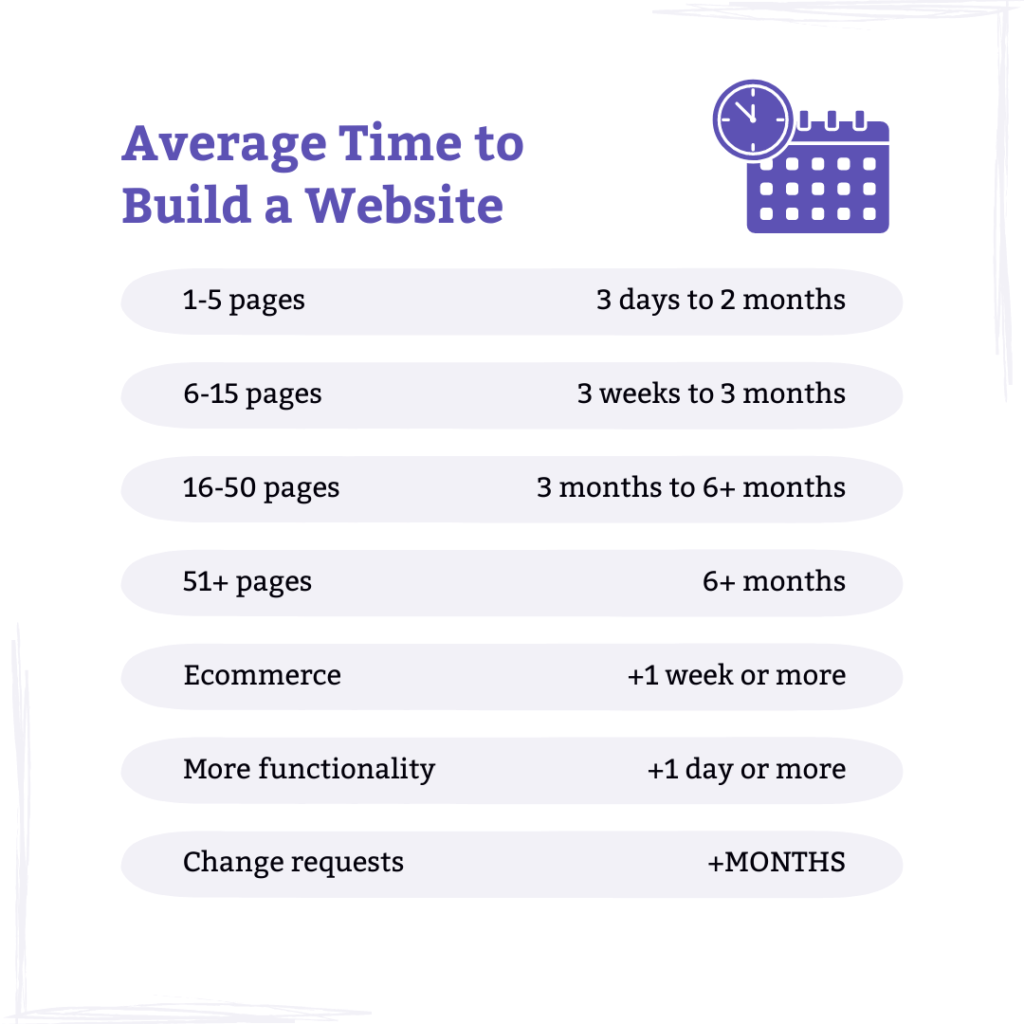Deciding to start a small business can be challenging and exciting. It takes a lot of effort and dedication to turn your vision into a successful enterprise. However, before you get started, it’s important to understand the basics of search engine optimization (SEO) and how it can help your business thrive online.
In this blog, we’ll explore some practical tips on how to start a small business and optimize it for search engines, without any plagiarism. You can also get some business ideas for beginners
1. Identify your niche and target audience

The first step to starting a small business is identifying your niche and target audience. You need to understand what products or services you’re offering, and who your target customers are. Conduct market research and competitor analysis to identify gaps in the market and see what your competitors are doing. This will help you determine your unique selling proposition (USP) and differentiate yourself from your competitors.
2. Choose a business name and domain

Choose a name that reflects your business and is easy to remember. Make sure the name isn’t already taken and that it’s available as a domain name. Your domain name should be short, memorable, and easy to spell. It should also be relevant to your business and include your main keywords. You can use tools like Namechk and GoDaddy to check domain availability.
3. Build a website

Your website is your online storefront, so it’s important to make it user-friendly and visually appealing. Use a content management system (CMS) like WordPress or Squarespace to build your website. Make sure your website is mobile-friendly, loads quickly, and is optimized for search engines. Use a simple and intuitive navigation structure and ensure that your website is accessible to users with disabilities.
4. Create valuable content

Create informational content that provides information to your target audience. It can be blog posts, infographics, videos, and social media posts. Use keywords relevant to your business and audience to optimize your content for search engines. This will help attract and retain visitors to your website and establish your brand as an authority in your industry.
5. Use social media

Social media platforms are effective ways to engage with your audience and promote your business.Use hashtags relevant to your business to increase visibility and engage with your followers. Use tools like Hootsuite or Buffer to schedule your social media posts and monitor your social media performance.
6. Optimize for local search

If you’re targeting a local audience, it’s important to optimize your website and content for local search. This includes adding your business name, address, and phone number (NAP) to your website and creating local business listings on Google My Business, Yelp, and other local directories. This will help improve your local visibility and attract customers from your local area.
7. Use paid advertising

Platforms like Google Ads and Facebook Ads allow you to create targeted ads that appear in search results and social media feeds. Use keyword targeting and demographic targeting to reach your ideal customers and maximize your ad spend.
8. Network and build relationships

Networking and building relationships with other businesses and professionals in your industry can help you expand your reach and attract new customers. Attend industry events and conferences, join relevant Small business groups and associations, and engage with influencers in your industry. This will help you establish your brand as a trusted authority in your industry and attract referrals from other businesses.
10. Monitor and analyze

Monitor your website traffic and analyze your SEO performance regularly. Use tools like Google Analytics and Search Console to track your website traffic and performance. Monitor your social media performance and adjust your social media strategy based on engagement metrics and audience feedback.
11. Provide excellent customer service

Providing excellent customer service is crucial for any small business. Make sure you respond to customer inquiries promptly and resolve any issues in a timely and professional manner. Encourage customer reviews and feedback and use them to improve your products or services. Happy customers are more likely to refer your business to others and leave positive reviews, which can help improve your online reputation and attract more customers.
Conclusion
Starting a small business can be a challenging and rewarding experience. By following these practical tips and optimizing your business for search engines, you can increase your online visibility and attract more customers. Remember to provide value to your audience, establish your brand as an authority in your industry, and provide excellent customer service.















